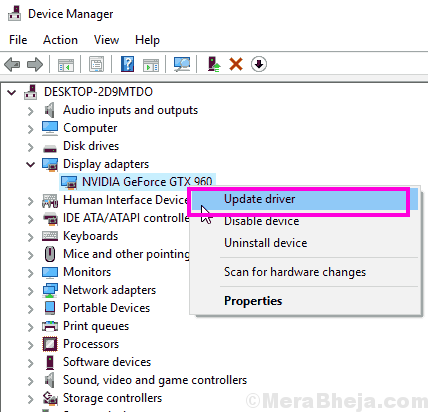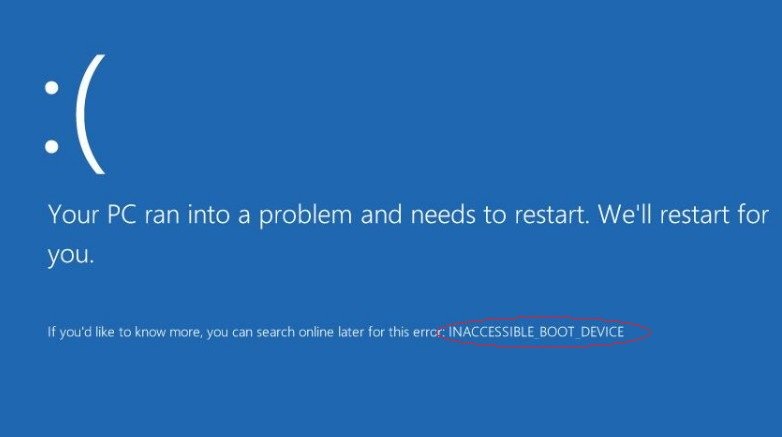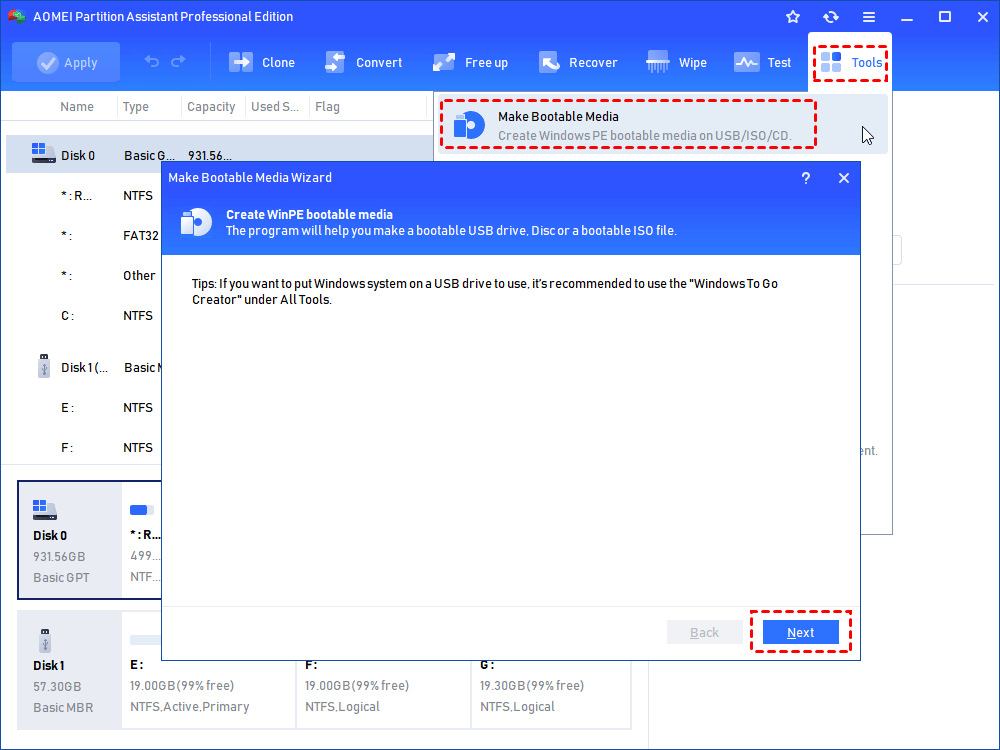
- Asmedia usb 3.1 driver causes inacessible boot device full#
- Asmedia usb 3.1 driver causes inacessible boot device mac#
Ordinary USB-C adapter cards deal with power delivered through the ports as an afterthought, requiring an additional power source for the card and providing little regulation. Supports Hot-Swappable Device Connection-Plug in and disconnect peripherals without shutting off your computerĪdd USB 3.2 Gen 2 to Thunderbolt Expansion Systems-Add two SuperSpeed USB-C 10Gbps ports to Thunderbolt to PCIe card expansion systemsĮasy Installation-Quick and easy user installation into any available PCIe slot
Asmedia usb 3.1 driver causes inacessible boot device full#
PCIe Data Link Auto-Negotiation-Card auto-negotiates one lane data link in a PCIe 3.0 slot and two lanes in a PCIe 2.0 slot, ensuring full 10Gbps performance in either generation PCIe slotīroad USB Device Support & Compatibility-Supports storage, hubs, and other USB-IF compliant USB devices Resettable Fuses-Device overcurrent fuses are resettable-just shut down your machine to reset a fuse without permanent damage to card or computer Protected Ports-Independent power regulation isolates each port to prevent cross-coupled power glitches that may cause accidental disconnects Super-Powered Ports-Supports USB-C bus-powered SSD, SSD RAID, and hard drive devices with up to 15W (3.0A) power per port
Asmedia usb 3.1 driver causes inacessible boot device mac#
Two SuperSpeed USB-C 10Gbps Ports-Adds two USB-C 10Gbps ports to your Mac Pro®, Windows® PC, or Linux® computer with PCIe slots or Thunderbolt™ to PCIe card expansion systemĪmazing Performance-Transfers data up to 960 MB/s from a single drive, and up to 925 MB/s from each of two drives simultaneously The ports communicate with the host that 3A of VBUS current is available, enabling this Sonnet solution to support USB-C bus-powered SSDs and SSD RAID devices that need 15W during demanding write operations.įeaturing the latest high-performance USB 3.2 Gen 2 controller from ASMedia-the ASM 3142-the Allegro USB-C PCIe card supports concurrent data transfers up to 925 MB/s when connected to a two USB-C Gen 2 NVMe SSD devices! Most other cards limit concurrent transfers to half that, a significant disadvantage when time is of the essence.

Sonnet specially engineered the Allegro USB-C card to provide 15W of power through each of its ports.

Don’t settle for mediocre performance or insufficient power for the fastest SSDs-install an Allegro USB-C card to instantly add two Gen 2 USB 3.2 ports to your system and take full advantage of today’s SSD performance.

The Allegro™ USB-C PCIe (1) card supports data transfers at up to twice as fast as USB 3.0, and can also deliver 15W of power per port to USB-C bus-powered devices (three times the 4.5W specified in the USB 3.0 spec). However, common USB 3.0 ports can be underachievers-at 5Gbps, they can’t support the maximum performance from many storage devices, and may not provide enough power to enable them to operate. When it comes to supporting the fastest USB drives available, your computer’s USB 3.0 ports are perfectly adequate…for connecting peripherals that don’t depend on the ultimate USB 3.2 speeds.


 0 kommentar(er)
0 kommentar(er)
